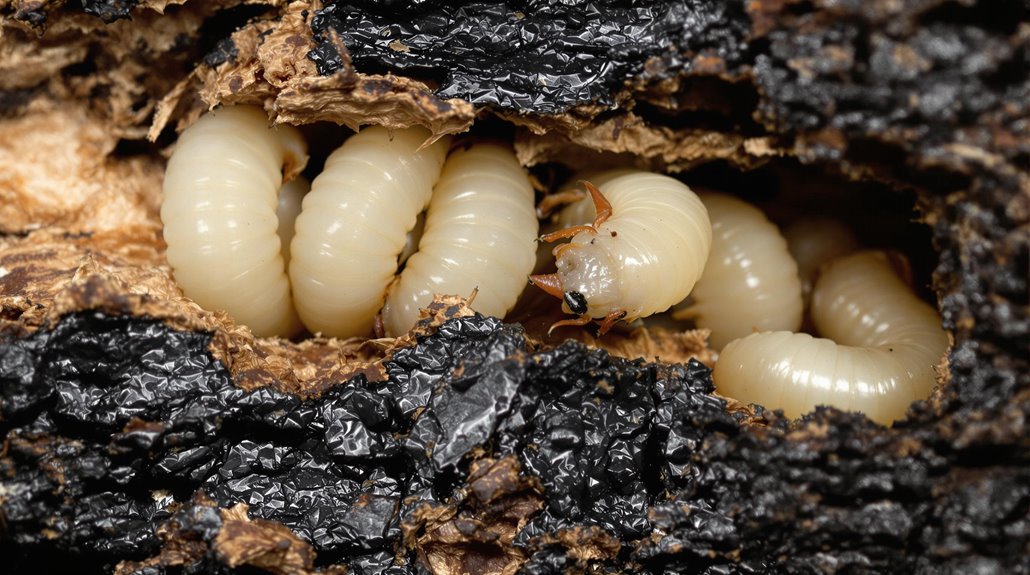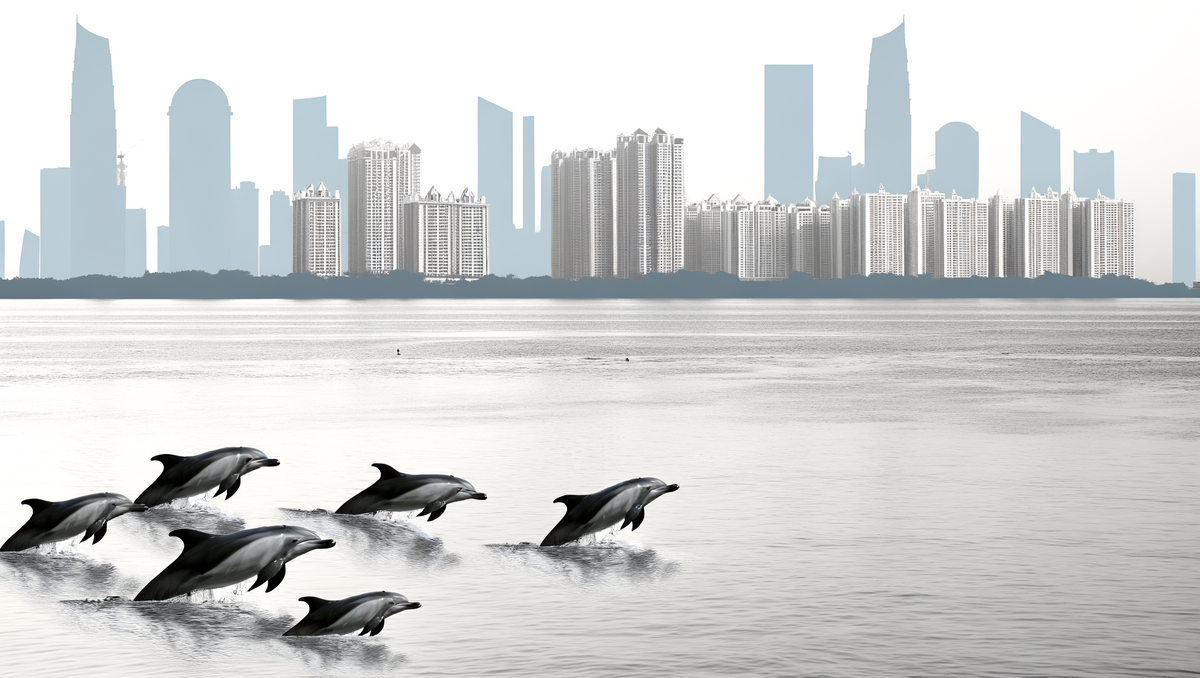
Our lab is growing! In our Three Questions series, we’re profiling each of our members and the amazing work they’re doing.

Our lab is growing! In our Three Questions series, we’re profiling each of our members and the amazing work they’re doing.
I am delighted this morning to share the news that Leading Generously is now available as an audiobook, [1] in addition to its print and e-book formats! The audiobook is narrated by the amazing Kristin Aikin Salada, who has posted a more enticing excerpt on her LinkedIn announcement than the opening pages that Audible shares. [2] If you listen to the audiobook, I'd love to hear your thoughts.

Discover the secrets to raising Hercules beetle larvae, from their nutritional needs to creating the perfect environment for their growth and development.

In mid-2024, I’ve moved back to using vim as my main text editor, both for code and prose like this blog post. Something like 15 years ago I had dabbled a bit with vim, but never much more than being able to perform simple edits and get the hang of the hjkl navigation. Good enough to quickly make minor edits from any shell, but not a whole lot more.
The Free Speech Union (FSU) has published an article about my open letter to the Royal Society regarding the evident contraventions of its code of conduct by one of their Fellows, Elon Musk FRS. Unfortunately, Frederick Attenborough’s piece contains errors, omissions and speculative rhetoric which together contrive to misconstrue the meaning and intent of my letter.
Die Deutsche Forschungsgemeinschaft (DFG) fördert den Aufbau einer nationalen Servicestelle für Diamond Open Access in Deutschland. Unter dem Akronym SeDOA entsteht während der ersten dreijährigen Förderphase eine zentrale Anlaufstelle für das Publizieren im Diamond Open Access (DOA).

Over the next century, biotechnology is poised to revolutionize how we live, work, and address some of humanity's most pressing challenges. In fact, breakthroughs in biotechnology and related emerging technologies are already allowing scientists to produce targeted cancer therapies, engineer more resilient crops, create sustainable materials, and develop solutions to mitigate environmental pollution. But why now?

Rare Sight: Dolphins Spotted Swimming in NYC’s East River Imagine the bustling cityscape of New York City with its famed skyline and countless iconic spots. Now picture something unexpected: dolphins gracefully swimming along the waters adjacent to one of the world’s most vibrant metropolises.
Is digital pathology heading the same way as music streaming? For most labs, the financial and human cost of keeping the infrastructure and delivery of digital pathology in-house is probably too high. But what this will mean for research and teaching activities that rely on easy and unfettered access to data is a tricky problem. Choosing to keep some things small and local is a tool to future-proof our transition into modernity.

As part of my work on Knowledge Commons, I want to make more of our development process open, welcoming, and transparent, by using blogging. So I will be writing some technical posts on what I’m doing there and how I’ve overcome various technical challenges. In this post, I want to set out how I got BuddyPress notifications into a separate application (our new “Profiles” app). First: why am I doing this?